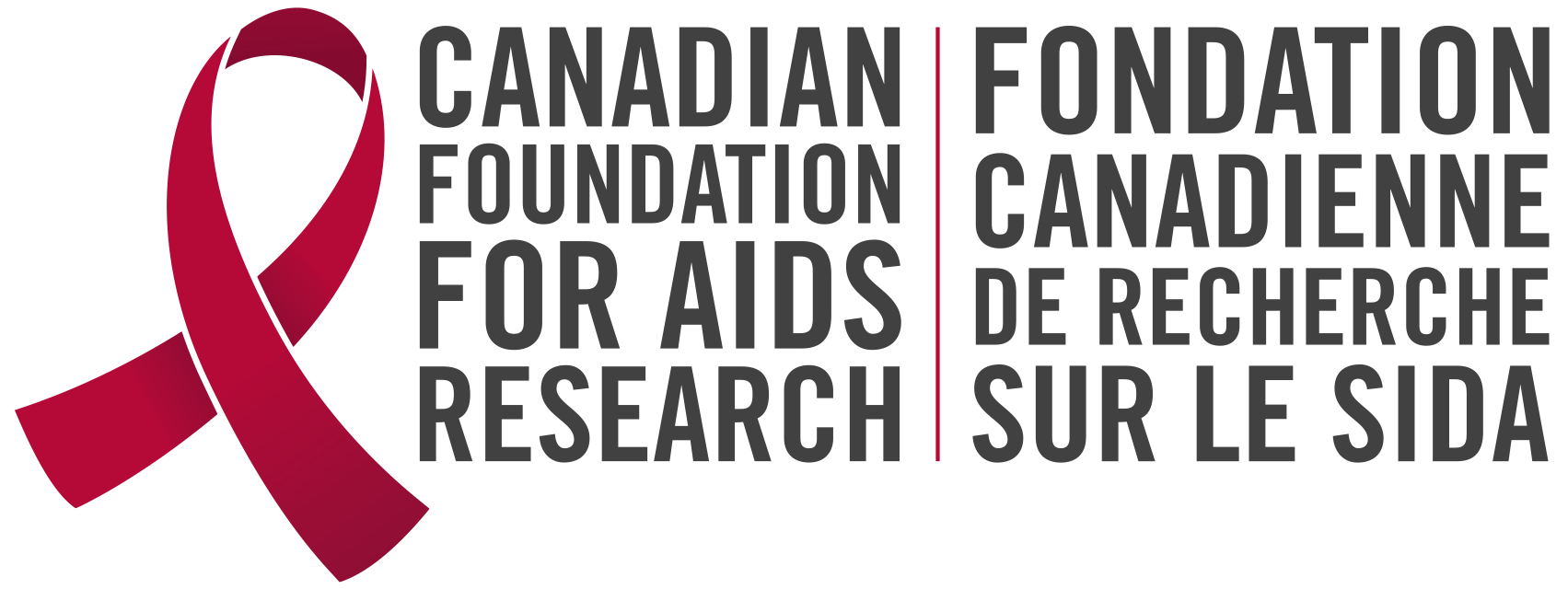RESEARCH SPOTLIGHT: INCREASING UPTAKE THROUGH ACTIVE-OFFER PREP WITH DR. PATRICK O’BYRNE
Pre-exposure prophylaxis, or PrEP, is the use of HIV medication to reduce a person’s chance of getting HIV. Since its roll-out in 2016, PrEP has proven to be very effective in preventing new transmissions of the virus. Indeed, the United States CDC estimates that it is 99% effective at preventing the sexual transmission of HIV and at least 74% effective at preventing HIV transmission through injection drug use. That said, in the last few years we have not seen the HIV prevention and care outcomes we need to end the epidemic in Canada.

In an interview with Lead Researcher and frontline sexual health nurse practitioner Dr. Patrick O’Byrne, the Cycle 31 recipient of the Christopher Bunting Innovation Research Grant, we gain powerful insight into the realities of PrEP uptake and what it means for key populations. Here are our key takeaways:
Current methods to encourage PrEP use are too passive.
In our current efforts to improve HIV prevention outcomes through PrEP, the main method of information delivery has been passive. For people who want to use PrEP, they have to learn about the medication themselves, determine if they’re eligible, and then seek the right healthcare facilities that can offer the services they need. The problem with this method is that it does not account for the social, economic and cultural barriers that equity-deserving populations may face when accessing health services.

To increase PrEP uptake, we need to reach people where they are.
While there are many studies on finding ways to reach the communities most in need and encourage PrEP uptake, Dr. Patrick O’Byrne’s research gives a different perspective on the road to quell of HIV: to increase the uptake of PrEP among at-risk populations, we need to be significantly more active in our approach. As Dr. O’Byrne puts it, “We [need to] reach out to help people instead of people always having to look for help themselves.”

We can reach people where they are by connecting HIV self-testing to HIV prevention.
With this motivation in mind, Dr. O’Byrne’s research seeks to connect gay, bi, trans, and other men who have sex with men and who have ordered HIV self-test kits through GetaKit.ca with local PrEP-prescribing services.
His study aims to determine if offering easy access to PrEP to individuals who obtain HIV self-tests through GetaKit.ca will result in interest in and uptake of PrEP and/or encourage continued use of PrEP in communities. This study will produce the first data in Canada that seeks to find the link between HIV self-testing and interest in continued or improved prevention efforts.
“We wish to engage in active-offer PrEP, in that we initiate contact with persons who could benefit from PrEP – and then immediately book them for an intake assessment to start PrEP,” says Dr. O’Byrne.

With this equity focus in mind, Dr. O’Byrne’s research effectively supports CANFAR latest Bold Action strategic plan. His research has the potential to pave the way for improved care models that link people to prevention services that can address their sexual health needs.
As stated by Dr. O’Byrne, the current model only benefits those who have the health literacy and strong social determinants of health that can give them PrEP access. His work seeks to support people with the greatest disadvantages to accessing healthcare services so we can increase PrEP uptake and help members of equity-seeking groups end new HIV cases in their communities.
Dr. Patrick O’Byrne is a Nurse Practitioner and a Full Professor at the University of Ottawa. Co-investigators include Abigail Kroch (California Department of Public Health, previously OHTN), Dr. Darrell Tan (St. Michael’s Hospital), Ryan Lisk (AIDS Committee of Toronto), Lauren Orser (University of Ottawa), Dr. Kevin Woodward (HQ Toronto), and Alexandra Musten (University of Ottawa).
To learn more about CANFAR’s latest research, please click here.
